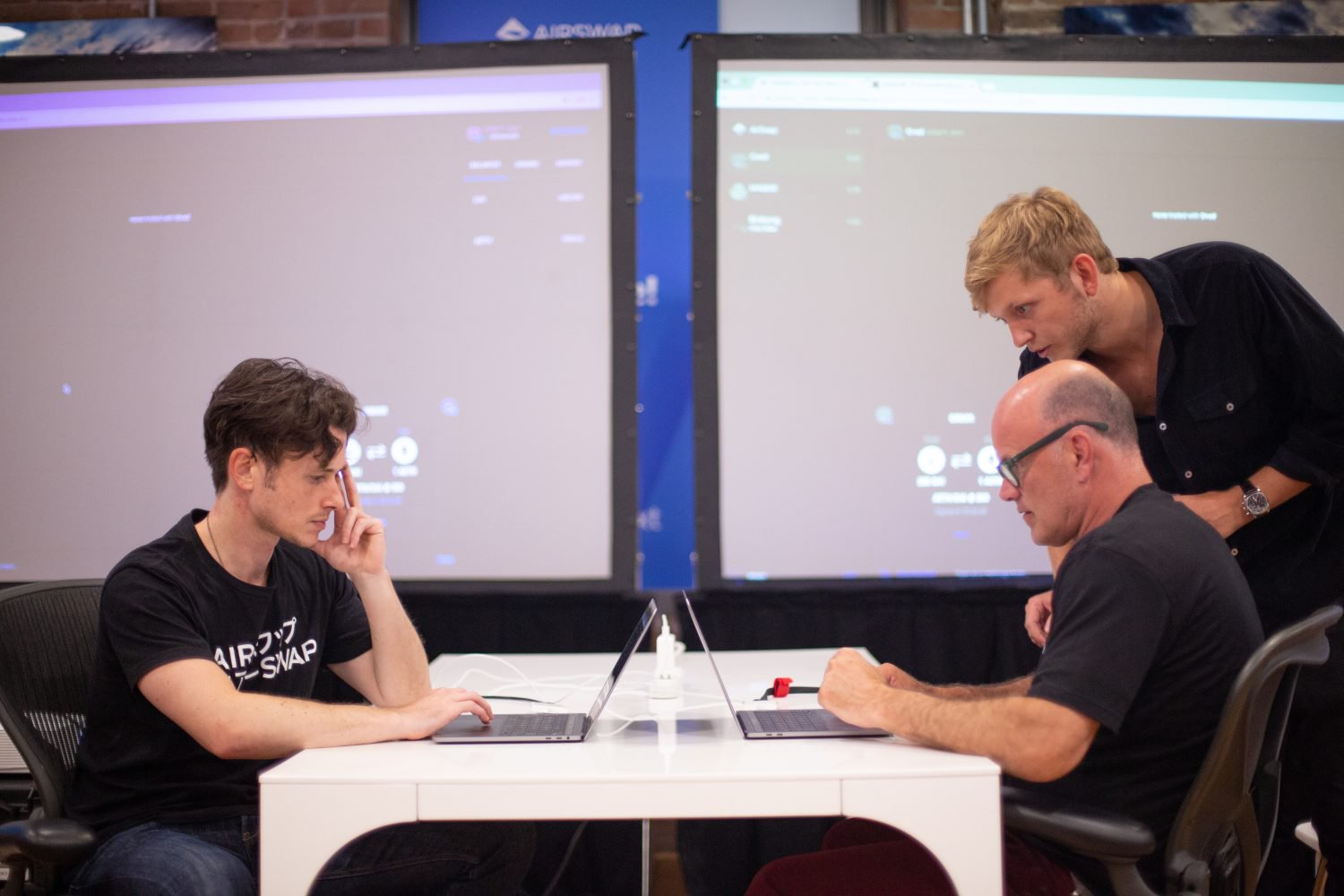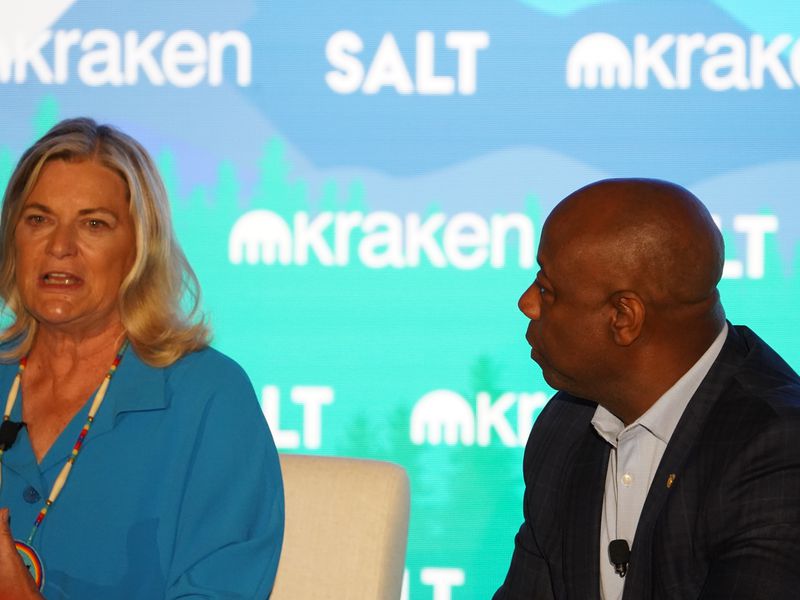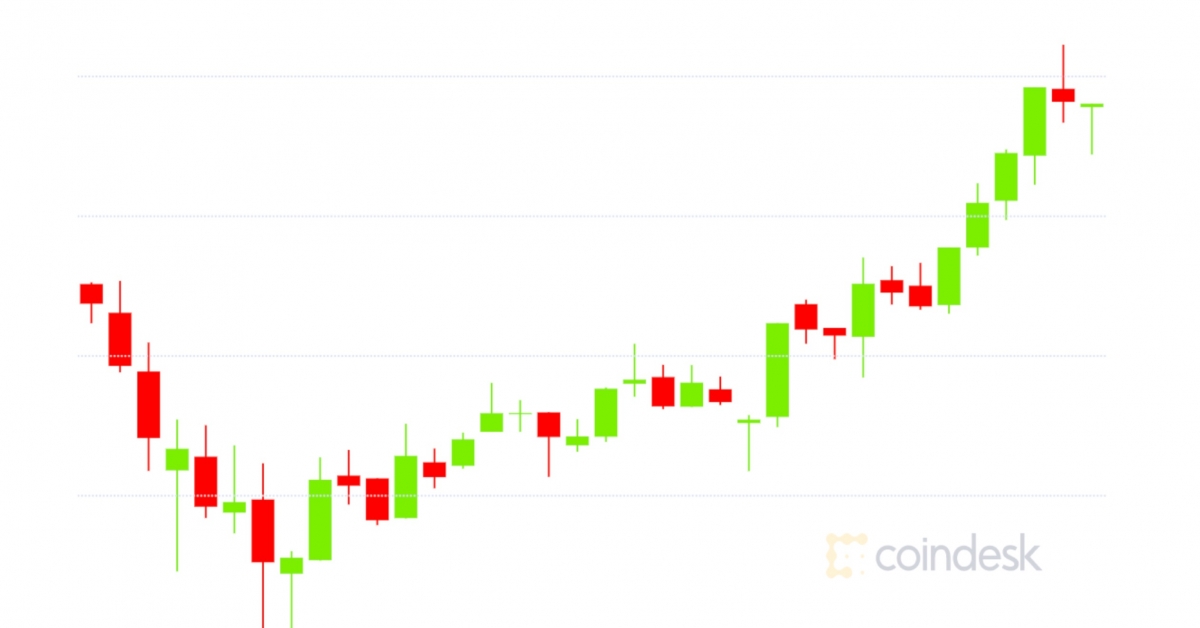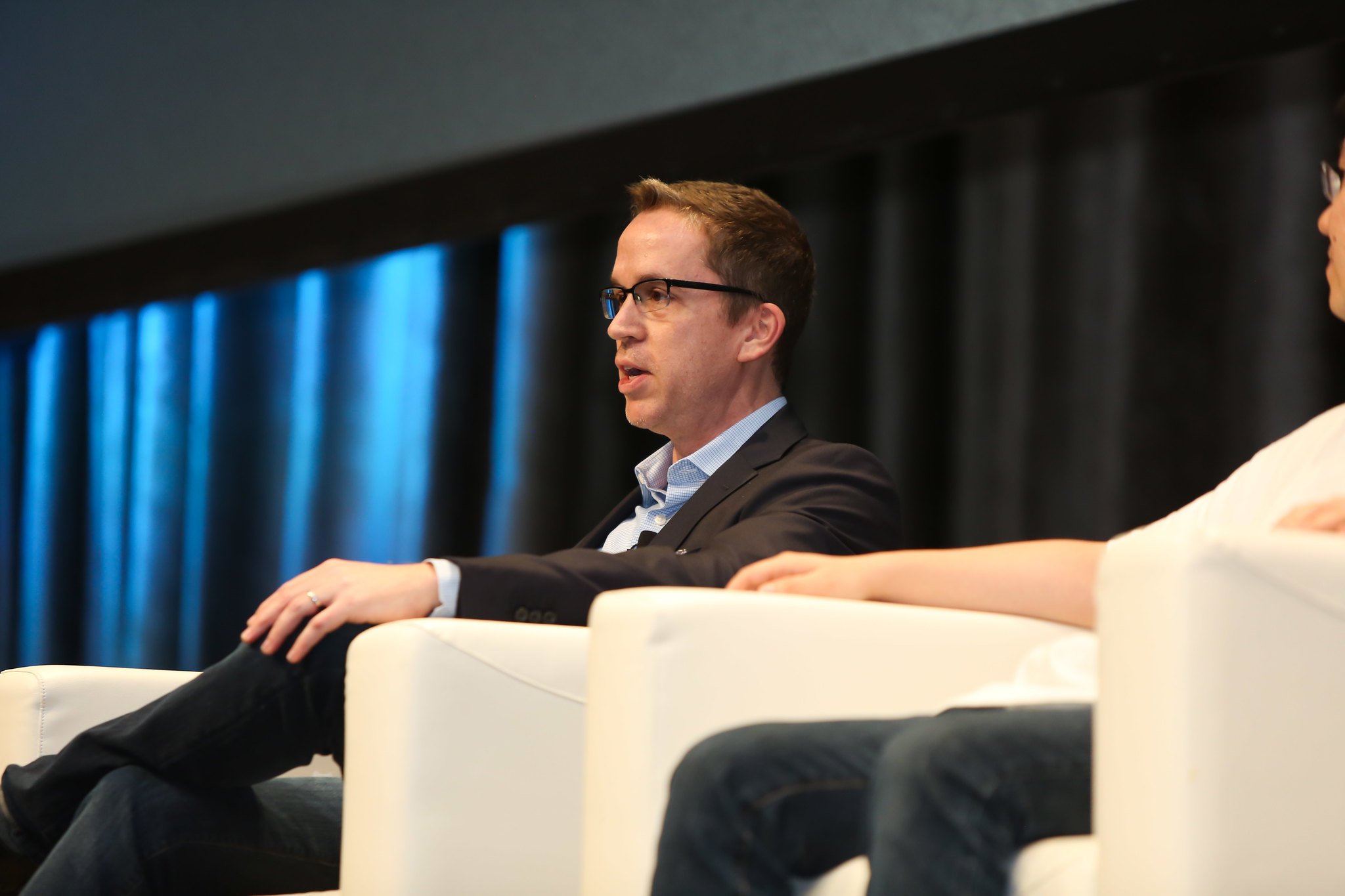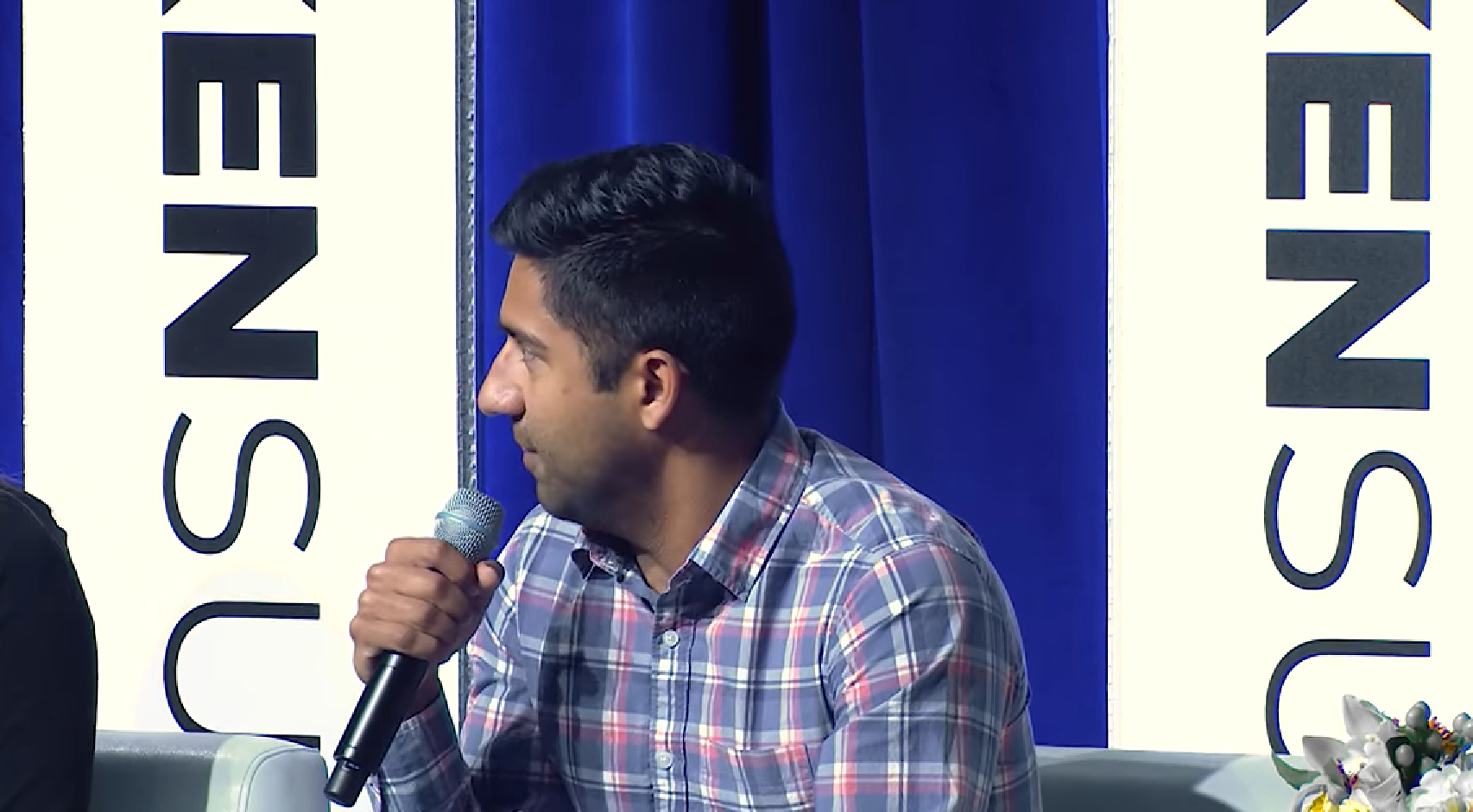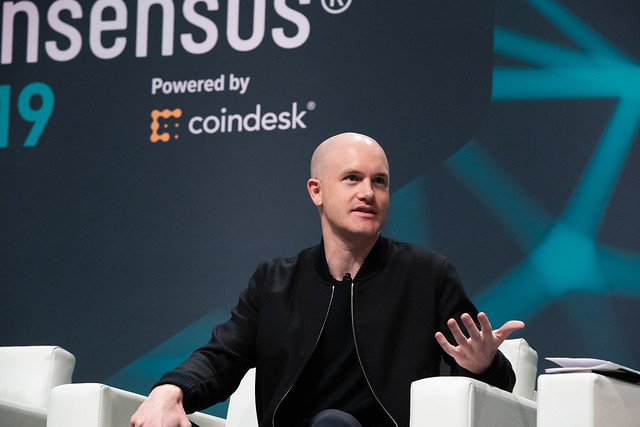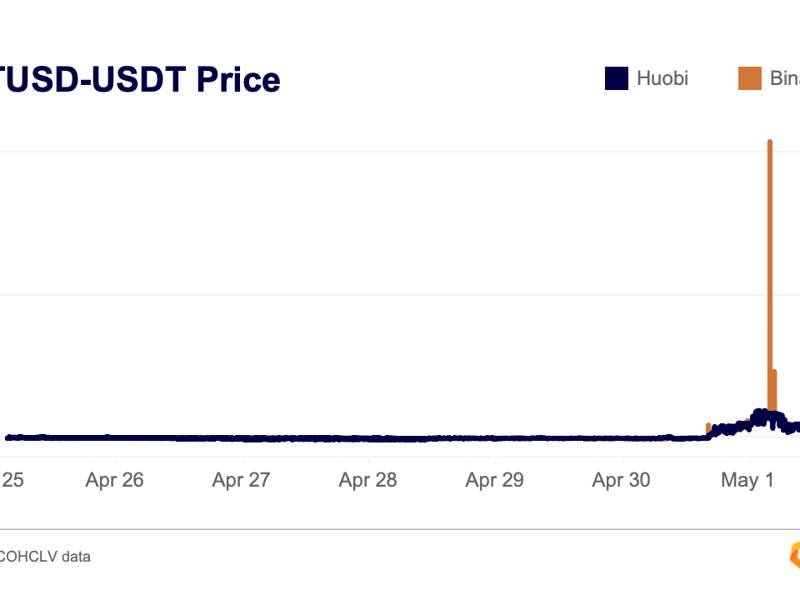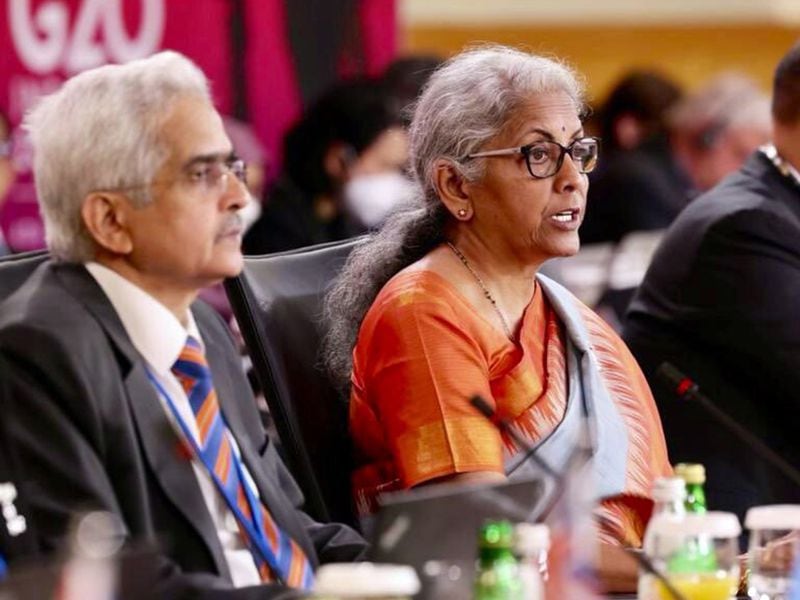Optimism Completes ‘Bedrock’ Hard Fork, in Pursuit of Superchain
Optimism, a layer 2 scaling solution to Ethereum, successfully completed its Bedrock upgrade, moving the blockchain closer toward its goal of becoming a “Superchain” of many interoperable mini-blockchains.
“This is a big deal for OP mainnet,” Karl Floersch, CEO and co-founder of OP Labs, the company behind the blockchain, told CoinDesk this week in an interview.
The upgrade, also known as a hard fork, aims to improve the functionality of the chain by cutting deposit-confirmation times from 10 minutes to 1 minute, and lowers gas fees by 40%.
The software upgrade occurred at 16:00 UTC (12:00pm ET) on Tuesday, and completed at 18:50 UTC (2:50pm ET) according to a tweet from the Optimism Foundation. At the time of writing, several key elements of external infrastructure for Optimism is still coming back online, and the Foundation said that the public endpoint will go live around 20:00 UTC (4:00pm ET).
Bedrock also is supposed to improve proof modularity for its OP Stack, which is an open-source platform for developers where they can build customizable blockchains with Optimism. The improvements to the OP stack means that both validity proofs and fault proofs can be used.
In addition, Bedrock has made Optimism into a multi-client ecosystem, meaning there would be at least two options for the client software used to run the network.
According to Floersch, this would make Optimism the first layer 2 to run on a multi-client ecosystem, which helps strengthen the blockchain by reducing possibilities of network downtime; if there’s a bug in one client software, then the blockchain can rely on the other users running the other client software to keep the blockchain live.
$OP, the native token for Optimism, was up 10% over the last 24 hours following the Bedrock upgrade.

